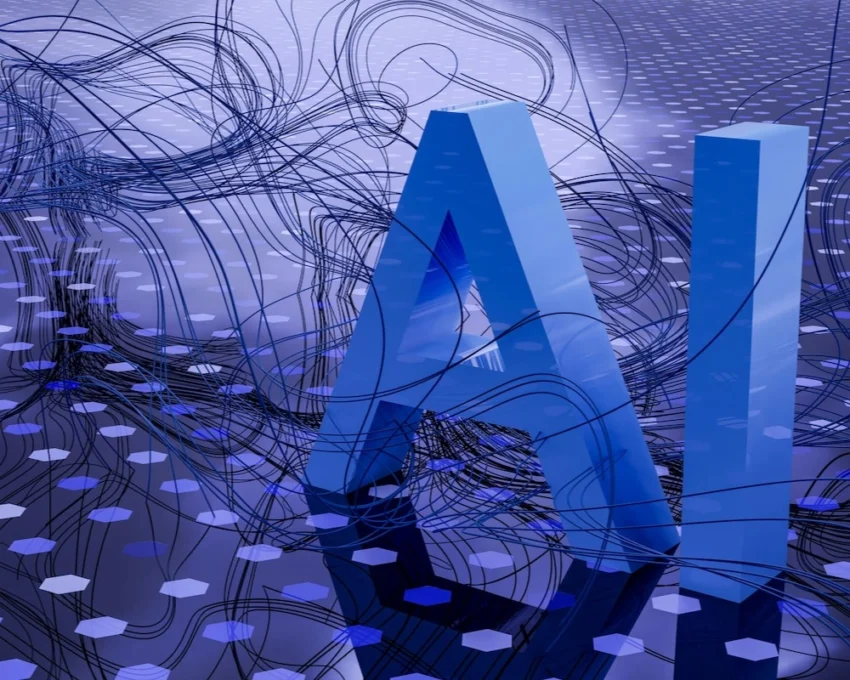Food supply and delivery in the air cargo business have seen mounting challenges in recent years, including capacity and resource shortages, complex handling requirements, concerns around product sustainability, and the supply chain’s ability to deliver them.
How can we tackle it? Technology innovation!
At IATA’s recent hackathon, we defined solutions to ensure product integrity, link all parts of the cargo supply chain, and increase delivery transparency, while hitting sustainability targets. This was our challenge at the recent IATA Multi-Modal Digital Cargo Hackathon, where participants, including the Accelya team, were asked to convert a concept into a working solution – in 28 hours.
Accelya’s challenge was to use Cargo ONE Record as a vehicle to deliver fresh salmon reliably and responsibly (with minimum carbon footprint) from farm to fork, specifically from Norway to Japan. This initiative also aimed to contribute to the United Nations Sustainable Development Goals of good health, responsible consumption, and climate action.
We put together a cross-functional, cross-geography team from Dubai, Colombo, Mumbai, and Madrid, in collaboration with our customer, Finnair Cargo, to rise to the challenge using our FLX Platform. Finnair Cargo specializes in shipping large quantities of Nordic salmon to Asian markets. The team’s objective was to develop and present “Happy Salmon”, a concept to improve salmon transportation. We partnered with Vedia, a Finnish land distribution specialist, to use its road feeder service.
Making ripples
Vital information can fall between the cracks during a product’s delivery due to the many moving parts and numerous processes involved. The complexities involved in salmon storage, transportation, and handling further compound the problem and could result in compromised product quality and wastage.
Our goal was to deliver a high-quality fresh food product (salmon) that meets the needs of today’s connected, health and sustainability-conscious customers. This is how we achieved it:
- Automating a series of crucial, time-consuming, manual tasks, from the salmon order receipt to the creation and management of service plans.
- Orchestrating reliable delivery while navigating multiple modes of transport (air and road).
- Providing sustainable transportation choices based on the carbon dioxide (CO2) impact.
- Creating a “connected” salmon supply chain using Internet of Things (IoT) sensors to provide live feeds measuring, tracking, and ensuring product integrity at every stage of the journey.
Enter our solution: ‘Happy Salmon’
Our ‘Happy Salmon’ team demonstrated the integration of air and land ONE Record servers, the CO2 impact of the journey, product integrity using an IoT simulator, and our service management approach to monitor the process (including WhatsApp integration, information sharing, and notifications).
This is how our solution worked:
- The team deployed Accelya’s service management app to plan, monitor, and control the shipment journey on a central server to deliver fresh salmon from Norway to Tokyo (using air and road transportation).
- A cargo order (salmon) was received via the modern cargo distribution API specification.
- The CO2 footprint was calculated based on the transport choices in the itinerary.
- The service orchestrator created a service plan based on the product integrity characteristics and pre-defined service levels.
- The order details and service plan reference details for land distribution were sent to Vedia via a ONE Record API.
- IoT sensors captured real-time product integrity (temperature and humidity) and movement information along the shipment journey.
- Potential threats to deviations from the service plan were constantly monitored by Accelya’s service orchestrator.
- Early warning systems were set up, and stakeholders were immediately notified when there was a potential threat of deviation, enabling immediate corrective action.
Moving forward
Perishable goods, such as salmon, are one of the fastest-growing segments of the air cargo industry. However, their handling requirements are complex, and coordination across multiple modes of the cargo ecosystem is error-prone and inefficient.
Throughout the hackathon, Accelya provided a blueprint as to how cargo airlines can deliver fresh salmon (and other perishables) reliably and responsibly. The blueprint can also be extended to other modes of transport, including ocean and rail.
The underlying concept and its component parts will be used by Accelya in developing a fully digital product suite for cargo Service Management.






